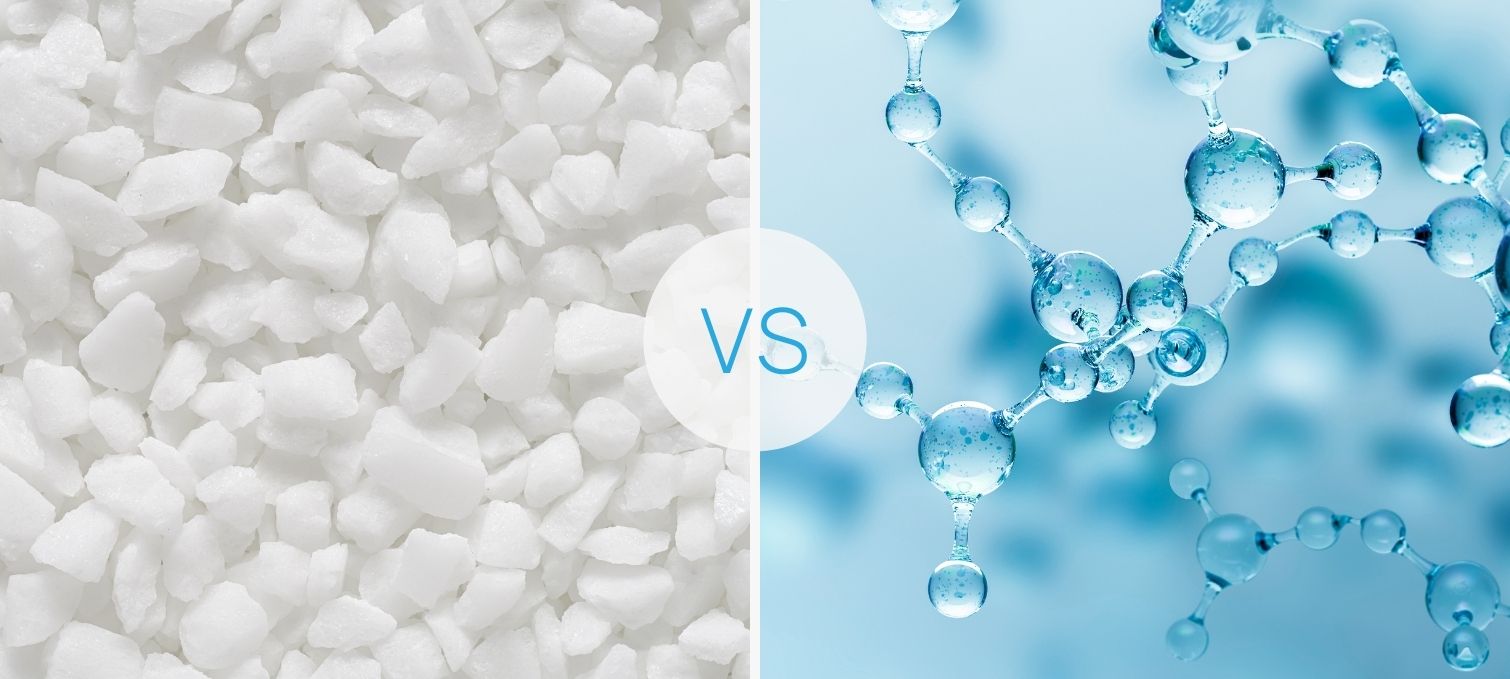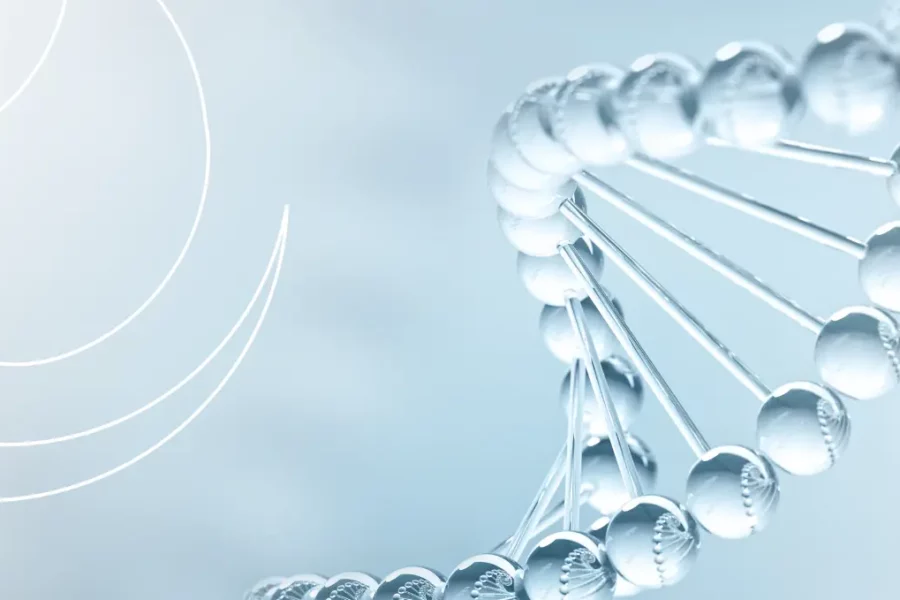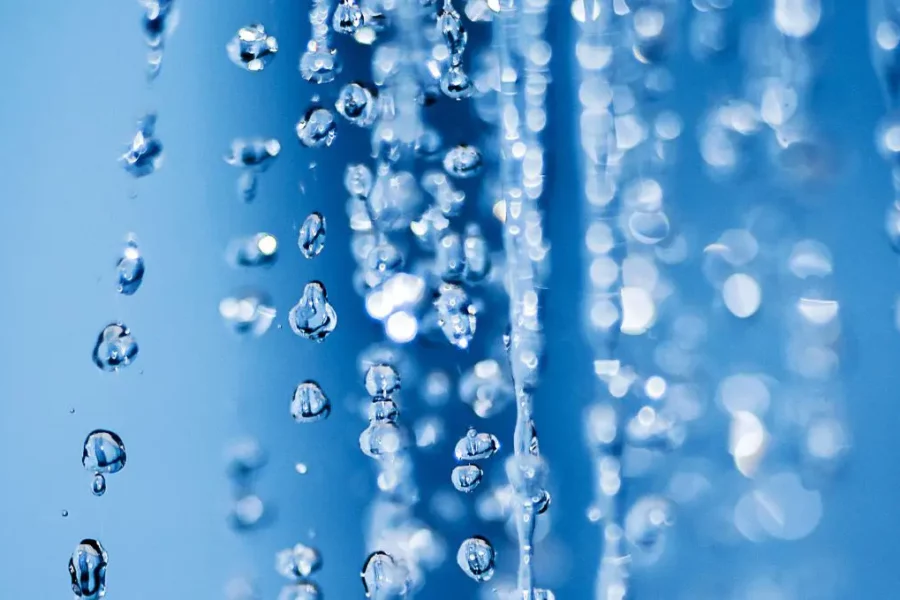Water quality is a major concern for homeowners and businesses alike. Hard water, or water that contains high levels of calcium and magnesium, can cause a range of problems, including damage to pipes, equipment and appliances, and increased energy costs. To address these issues, many people turn to water treatment options like water softening and water conditioning. While both options aim to improve water quality, there are significant differences between them.
Water conditioner vs. water softener: what’s the similarity?
What do a water conditioner and a water softener have in common? It is important to understand the similarities between these two terms before we examine their differences. Water conditioners and water softeners both seek to solve the problem of hard water. Hard water is water that is rich in minerals like calcium, magnesium, and silica. The presence of these minerals is the root cause of limescale.
These minerals can cause serious problems for heat-exchange surfaces, pipes, and water fixtures throughout your home and business. Over time, pipes could become completely clogged by scale buildup. When limescale builds up on a heating element, it insulates it and prevents it from doing its job efficiently. Hard water can cause ongoing, everyday problems, too. It’s no wonder that homeowners and businesses alike want to find a way to combat this issue.
Water softeners
Water softening is a process that removes hard minerals from water, such as calcium and magnesium. The most common method of water softening is ion exchange, which involves replacing calcium and magnesium ions with sodium ions. This process requires the use of a water softener, which is a device that contains resin beads that attract and remove the hard minerals.
Water softening pros
Water softening has been a popular solution for hard water for many years. Some of the benefits of water softening include:
Water softening cons
While water softening can be an effective solution for hard water, there are also some drawbacks to consider:
Water conditioners
Water conditioning is a process that treats hard water without removing essential minerals like calcium and magnesium. There are several types of water conditioning systems, including catalytic media and magnetic systems. These systems work by altering the structure of hard minerals in water, preventing them from forming limescale buildup.
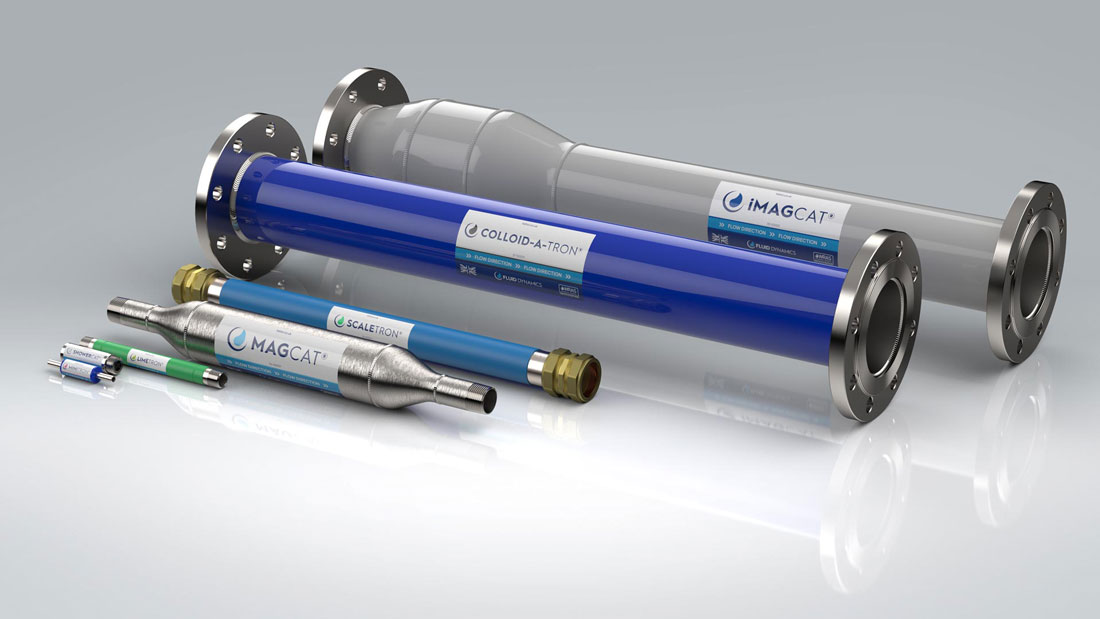
Water conditioning offers several benefits over traditional water softening methods:
In conclusion, both water softening and water conditioning offer solutions for hard water problems. While water softening has been a popular choice for many years, it has some drawbacks, including high sodium intake, environmental concerns, and ongoing maintenance requirements. Water conditioning, on the other hand, offers a more environmentally friendly and hassle-free alternative. It retains essential minerals, has no consumables or waste, requires no maintenance, and has a small installation footprint.
To find out more about the best water treatment method for you, get in touch.

